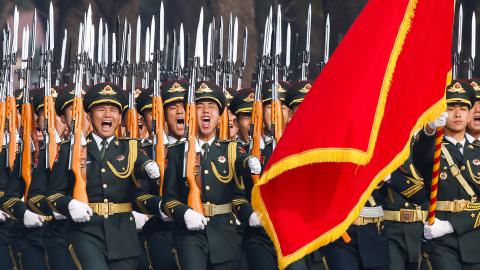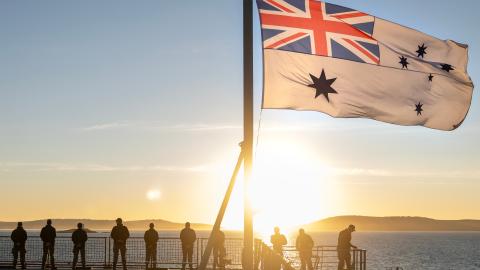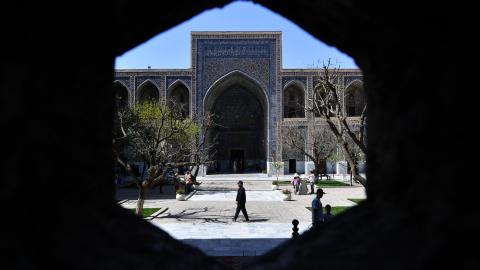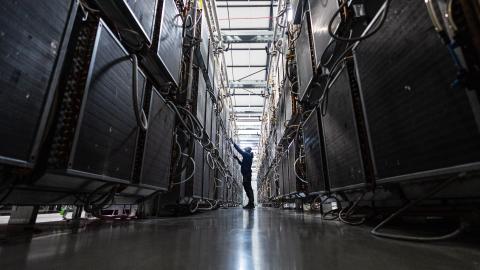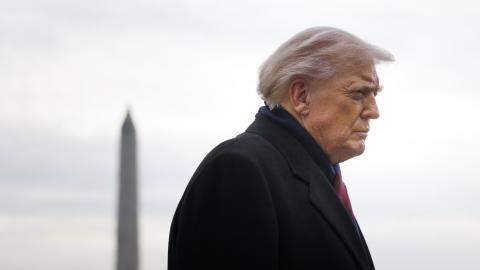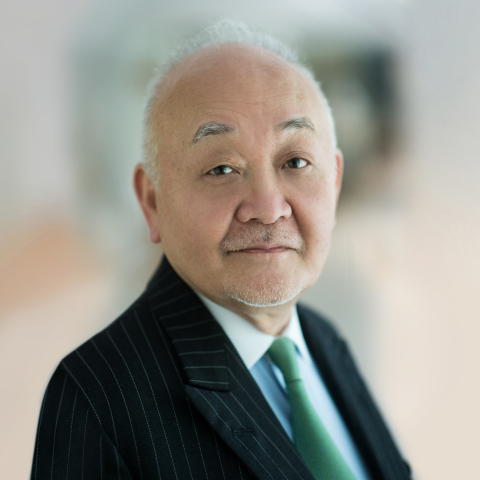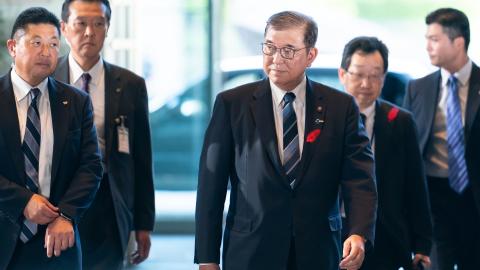How do you assess the appointment of Japan’s new Prime Minister? What strategy do you expect from him regarding the country’s domestic and foreign policy?
PM Ishiba’s team appears to be weak in developing both domestic and foreign policies. As of now, there doesn't seem to be a clear foreign policy direction—just broad ambitions without any concrete strategic steps toward realizing them. It seems unlikely that he will produce a comprehensive policy agenda, especially in the realm of foreign policy.
In which direction do you think the new Prime Minister will lead Japan, given the current economic instability and global challenges? Will it be a course for further reforms or the preservation of existing approaches?
It's uncertain if PM Ishiba will remain in office after the upcoming general election. Even if his party wins, his tenure could be short-lived. The challenges you mentioned are not unique to Japan; all global leaders are grappling with them, and no one has proposed a definitive path for reforms. Japan, like other advanced nations, is searching for new approaches to address these difficulties.
How do you think the new government will approach relations with China, considering the ongoing regional tensions and the continued rivalry between the U.S. and China?
In his statements, Ishiba has expressed a desire for the U.S.-Japan alliance to mirror the closeness of the UK-U.S. relationship. However, in the UK-U.S. alliance, the UK plays a leadership role in Europe. If Ishiba wants the U.S.-Japan alliance to reach that level, Japan would need to take the lead in shaping U.S. policy towards China and Asia, possibly by introducing Americans to the nuances of Asian thought, such as Confucian values—moving away from Western perspectives towards a deeper understanding of Asian dynamics.
How will Japan’s national security and defense policies change under the new Prime Minister, especially in the context of growing threats from North Korea and China?
National security requires a balance between foreign and defense policies. However, Japan's current foreign policy capacity is quite limited. If the threats from North Korea and China continue to grow, Japan will need to engage in dialogue with these countries more actively. Unfortunately, Japan has not been able to establish any significant communication with North Korea, which highlights a lack of diplomatic skill and foreign relations acumen.
North Korea takes regional security very seriously, especially in light of leaders like Vladimir Putin, whose term ends in 2030, and Xi Jinping. Additionally, North Korea is still in a state of war under the 1953 Armistice Agreement, as South Korea refused to sign it. Therefore, North Korea's negotiations on a peace treaty will likely focus on the U.S., potentially in exchange for steps toward denuclearization.
Japan’s relations with China are closely tied to the Taiwan issue. As an ally of the U.S., Japan will play a crucial role in this complex dynamic, and even China anticipates Japan’s involvement in regional matters.
What impact do you expect the new leadership to have on Japan’s foreign policy regarding its interactions with allies such as the U.S. and EU countries? Do you foresee a strengthening or weakening of cooperation with these partners?
Even with new leadership, Japan will maintain its strong and stable relations with EU countries, particularly as a G7 member. These relations have remained consistent, despite changes in leadership. However, the leadership within the EU and NATO is currently weak and unstable, as seen in Ukraine and the Middle East.
In contrast, BRICS appears to be more dynamic than the EU and NATO at present. Managing relations between the Western alliance and BRICS will likely be one of the most critical challenges ahead.
Enjoyed this interview? Subscribe to Hudson’s newsletters to stay up to date with our latest content.
